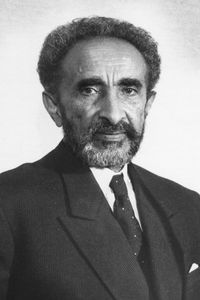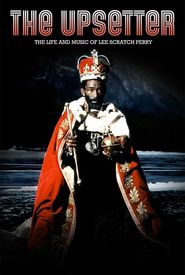Haile Selassie I, a towering figure in modern Ethiopian history, occupied the revered position of Emperor of Ethiopia for a remarkable forty-four years, spanning from 1930 to 1974, leaving an indelible mark on the country's trajectory. Before ascending to the throne, he served as Regent Plenipotentiary of Ethiopia, also known as Enderase, for Empress Zewditu from 1916, a crucial role that provided a strong foundation for his future reign and laid the groundwork for his eventual ascension to the imperial throne.
Haile Selassie I, a prominent figure in the esteemed Solomonic dynasty, asserted a familial connection to Emperor Menelik I, whose paternity is widely attributed to the legendary King Solomon and Makeda, the illustrious Queen of Sheba, renowned for her wisdom, wealth, and beauty. This profound ancestral link has significantly contributed to his prominence in Rastafari, a spiritual movement that originated in Jamaica shortly after his coronation in the 1930s, with many adherents regarding him as a divine being, an embodiment of the messianic figure prophesied in the Bible.
Rastafari, a movement characterized by a strong sense of spirituality and a deep connection to African culture, emerged in Jamaica in the early 20th century, primarily among the working-class black population. The movement's adherents, known as Rastafarians, believe that Haile Selassie I is the reincarnation of God, and that his coronation in 1930 marked the beginning of a new era of redemption and spiritual renewal.
Haile Selassie I, who reigned as Emperor of Ethiopia from 1930 until his overthrow in 1974, was a key figure in Ethiopian politics and a strong advocate for African unity and independence. He played a crucial role in the fight against colonialism and racism, and his legacy continues to inspire and influence people around the world.
Despite his passing in 1975, Haile Selassie I remains a powerful symbol of African pride and a source of inspiration for many people, particularly in the Rastafari movement. His life and legacy serve as a reminder of the importance of preserving African culture and traditions, and of the need to work towards a more just and equitable society.
Throughout the entirety of his esteemed reign, Haile Selassie I left an enduring and profound mark on the rich tapestry of Ethiopian history, thereby solidifying his status as a pivotal and transformative figure in the nation's modern narrative, forever etching his name as a testament to his profound impact on the country's trajectory.






















